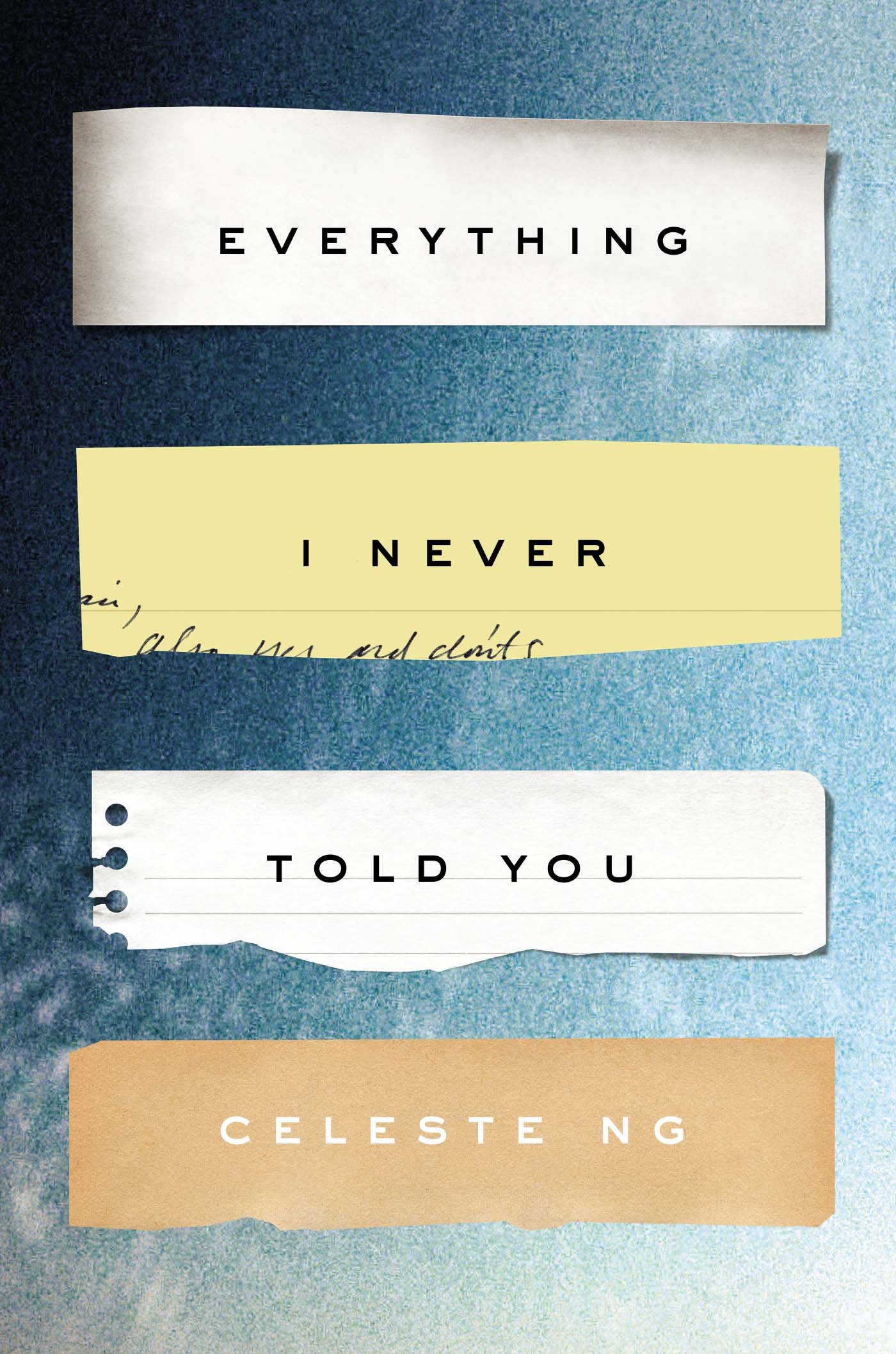The Visitors by Simon Sylvester won the Guardian’s reader-voted ‘Not The Booker’ prize in 2014, despite this mixed review. The review describes it as being set in ‘the Shetlands’ – but in fact, the narrator never specifies the location of Bancree, the fictional Scottish island on which the novel is set, and the references to Gaelic nursery rhymes and place names are more suggestive of the Western Isles than Shetland or Orkney. Either way, anyone who has ever spent time visiting any of these islands, as I have, will immediately recognise the unique of combination of beauty and peace with bleakness and isolation that Simon Sylvester skilfully evokes in The Visitors. Bancree itself, and the sea that surrounds it, are almost characters in their own right, and the setting of the story is one of its greatest strengths.
The novel begins at a calm, thoughtful pace, like a rare summer day in the Hebrides, and then accelerates like a thriller towards the end in the manner of a sudden island storm. I didn’t find the change in pace jarring, exactly, but the sudden burst of physical action in what is up to this point a relatively contemplative, wistful sort of read does come as something of a surprise. Sylvester doesn’t take an easy route with his ending – there’s a strong sense of ambiguity, as well as a deep undercurrent of sadness – but it feels like the right conclusion, nevertheless.
There were times during The Visitors when I felt that the characterisation wasn’t entirely convincing. The boorish, womanising heir to the local distillery business felt a little overblown to me and Flora’s exuberant Danish ‘uncle’ Anders was edging towards caricature. I did, however, feel that Flora herself was, if not convincing as a typical teenage girl, then absolutely convincing as the atypical outsider that she is, and will always be.
The Visitors is a quietly unsettling novel which combines psychogeography, folklore and a coming of age narrative with certain elements of the traditional crime thriller. I’m delighted, and not at all surprised, that Guardian readers chose it to win the Not The Booker competition: it’s a book that deserves more attention and that I suspect I’ll find myself thinking about for a long time.
